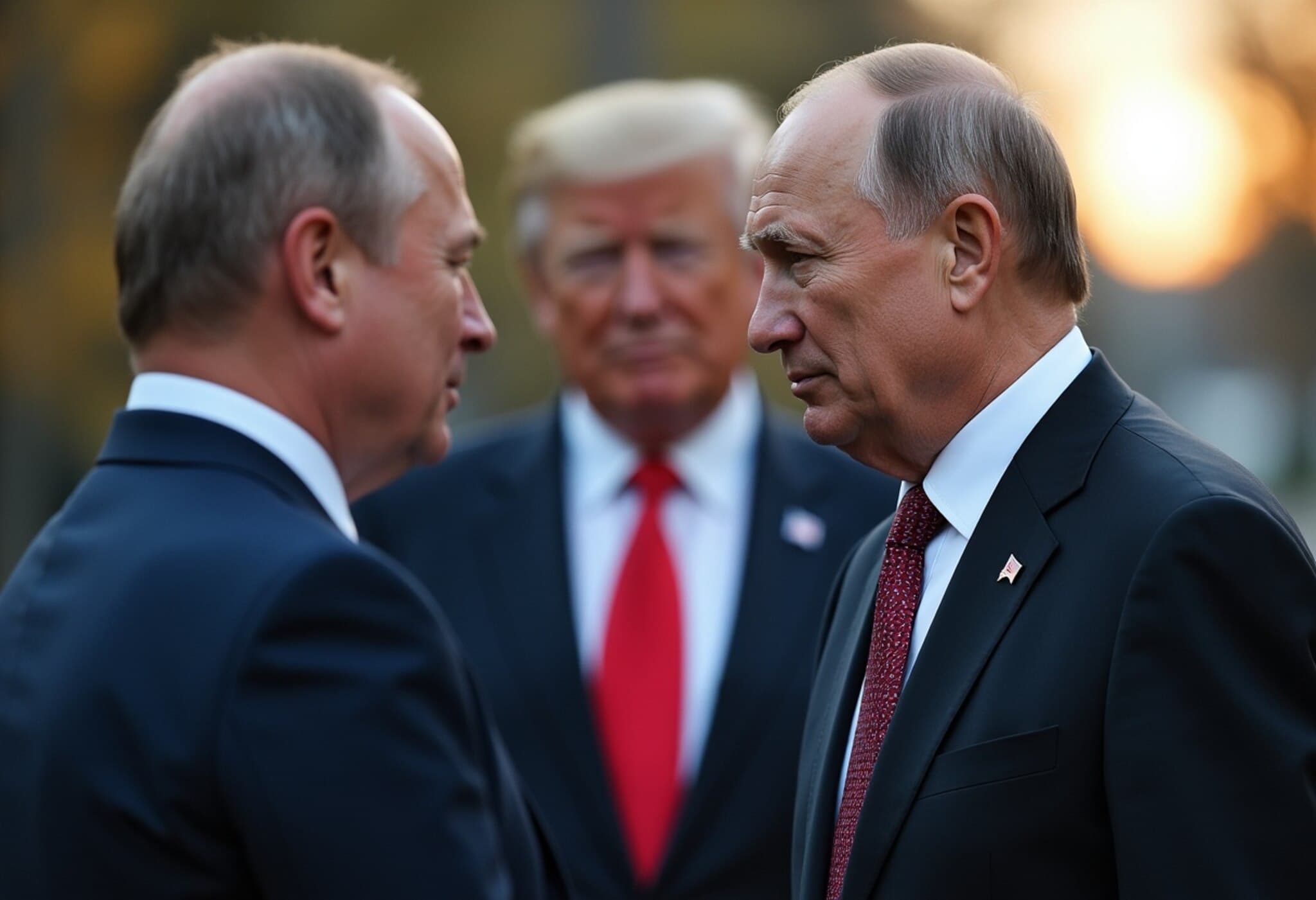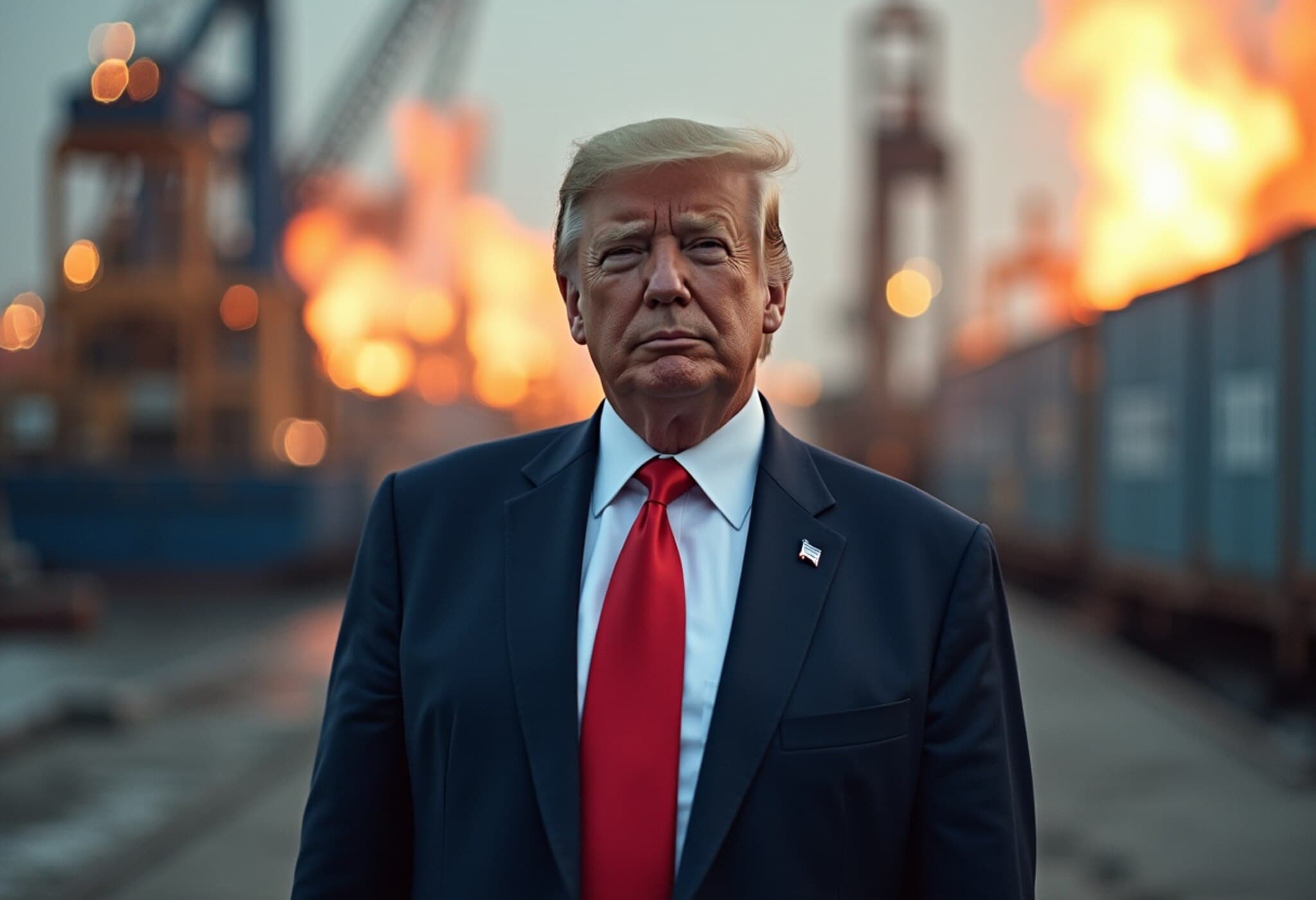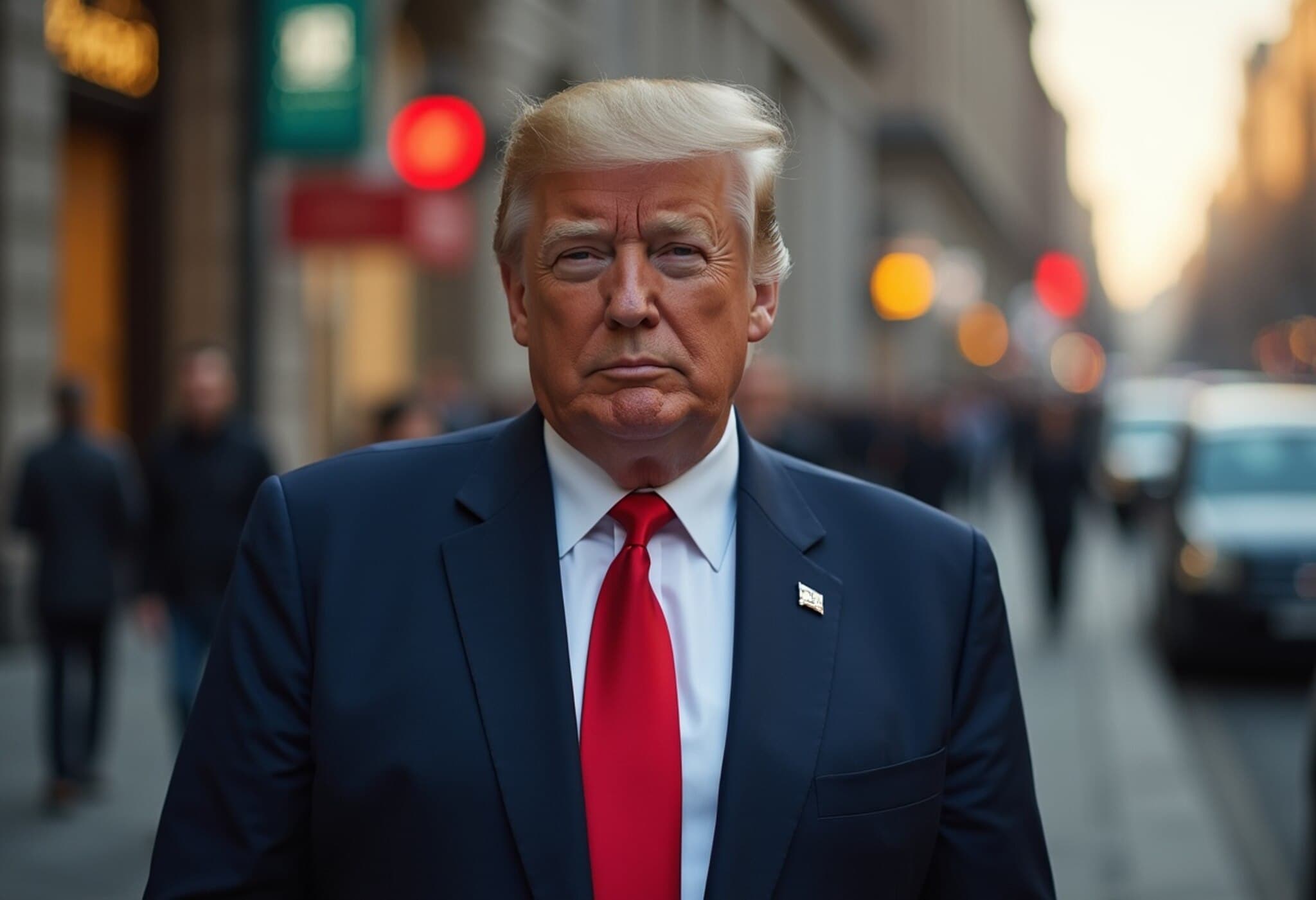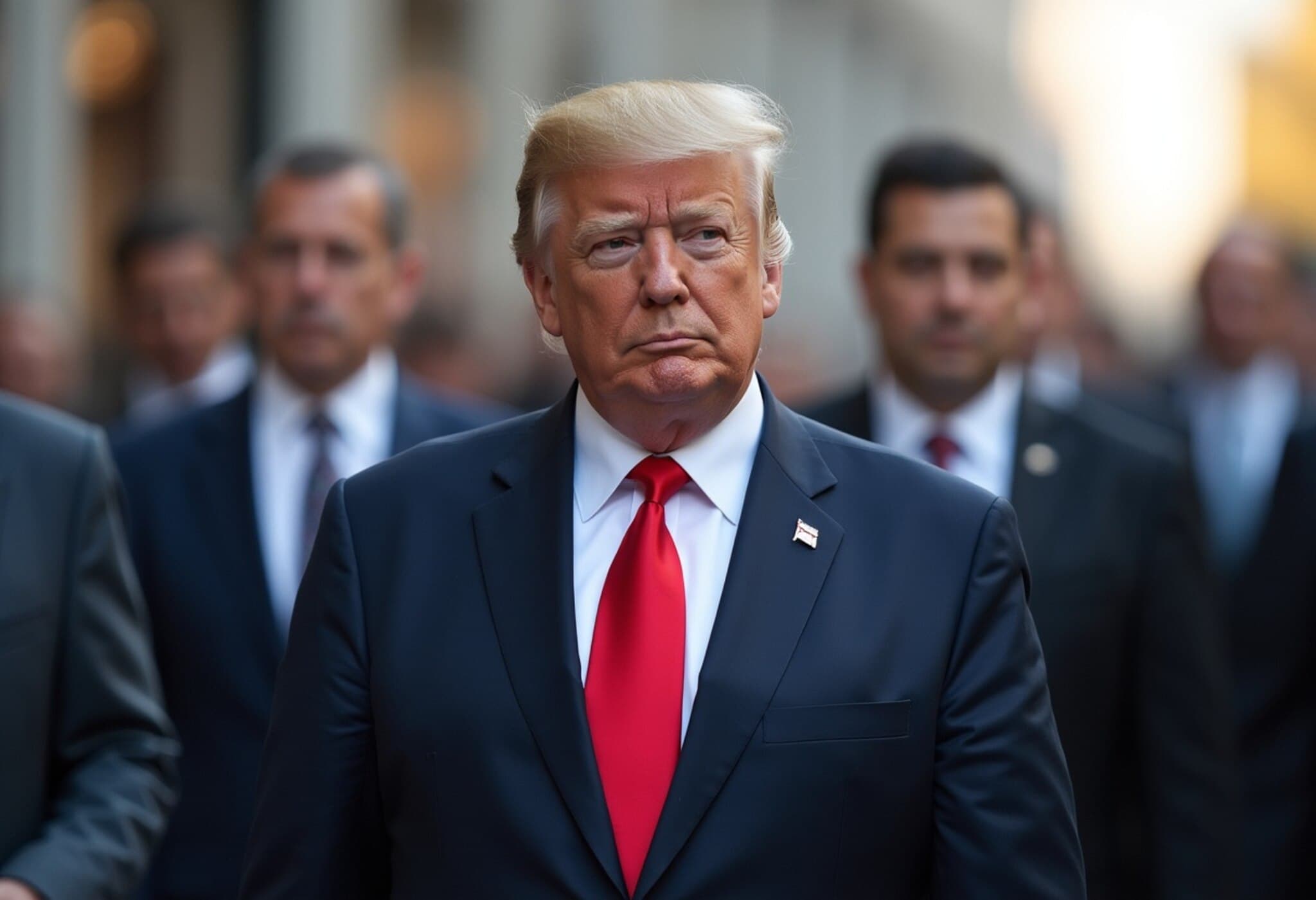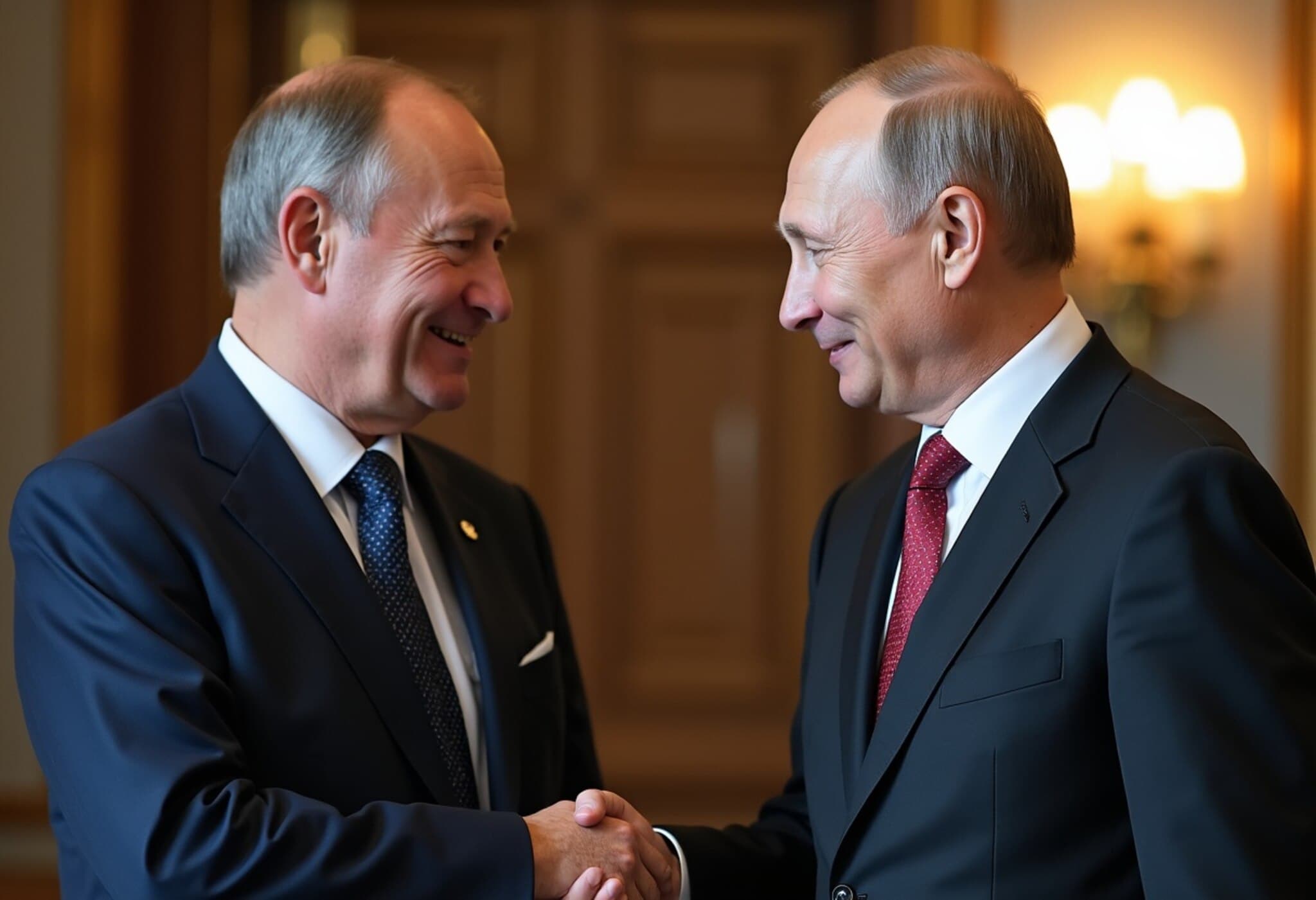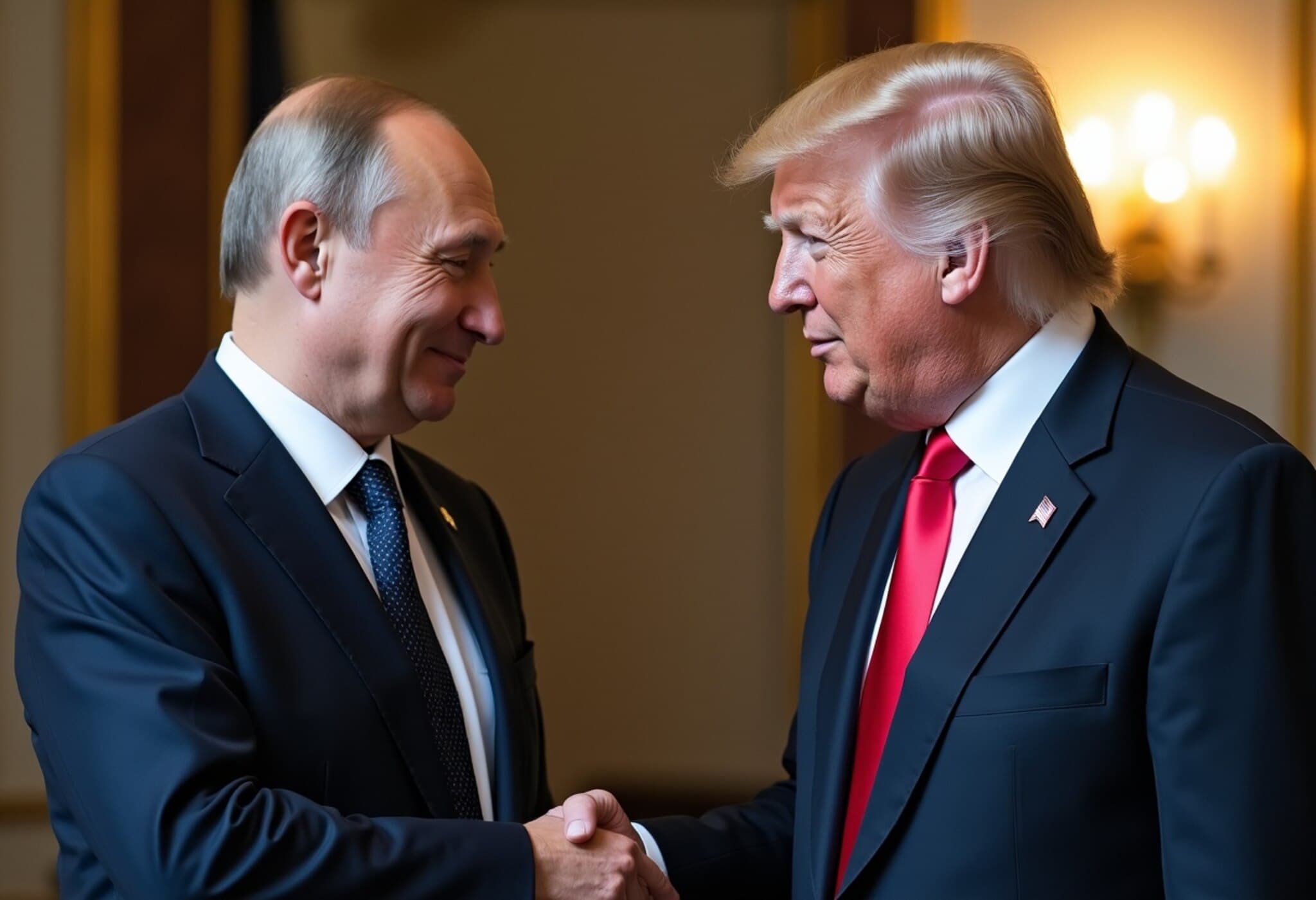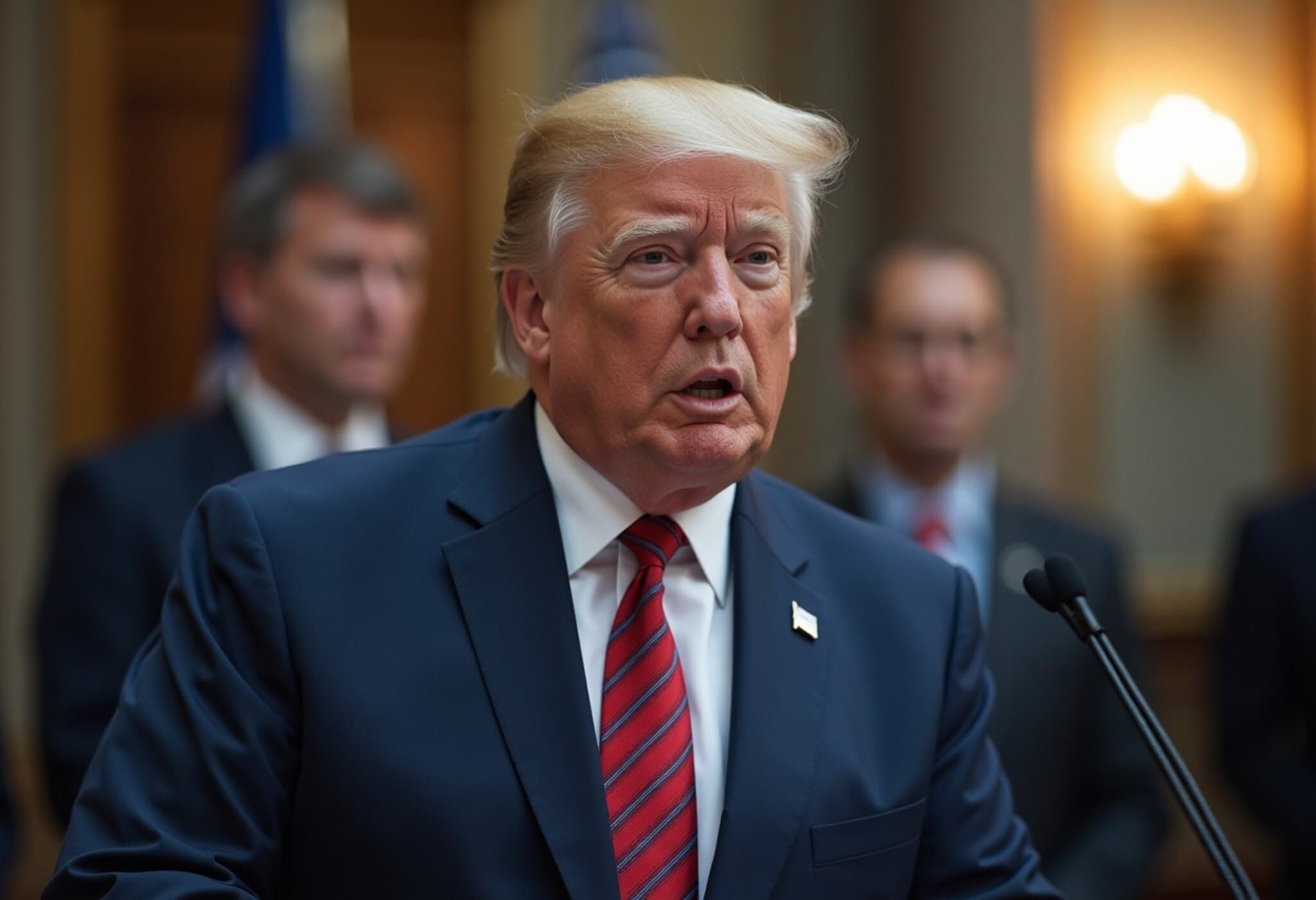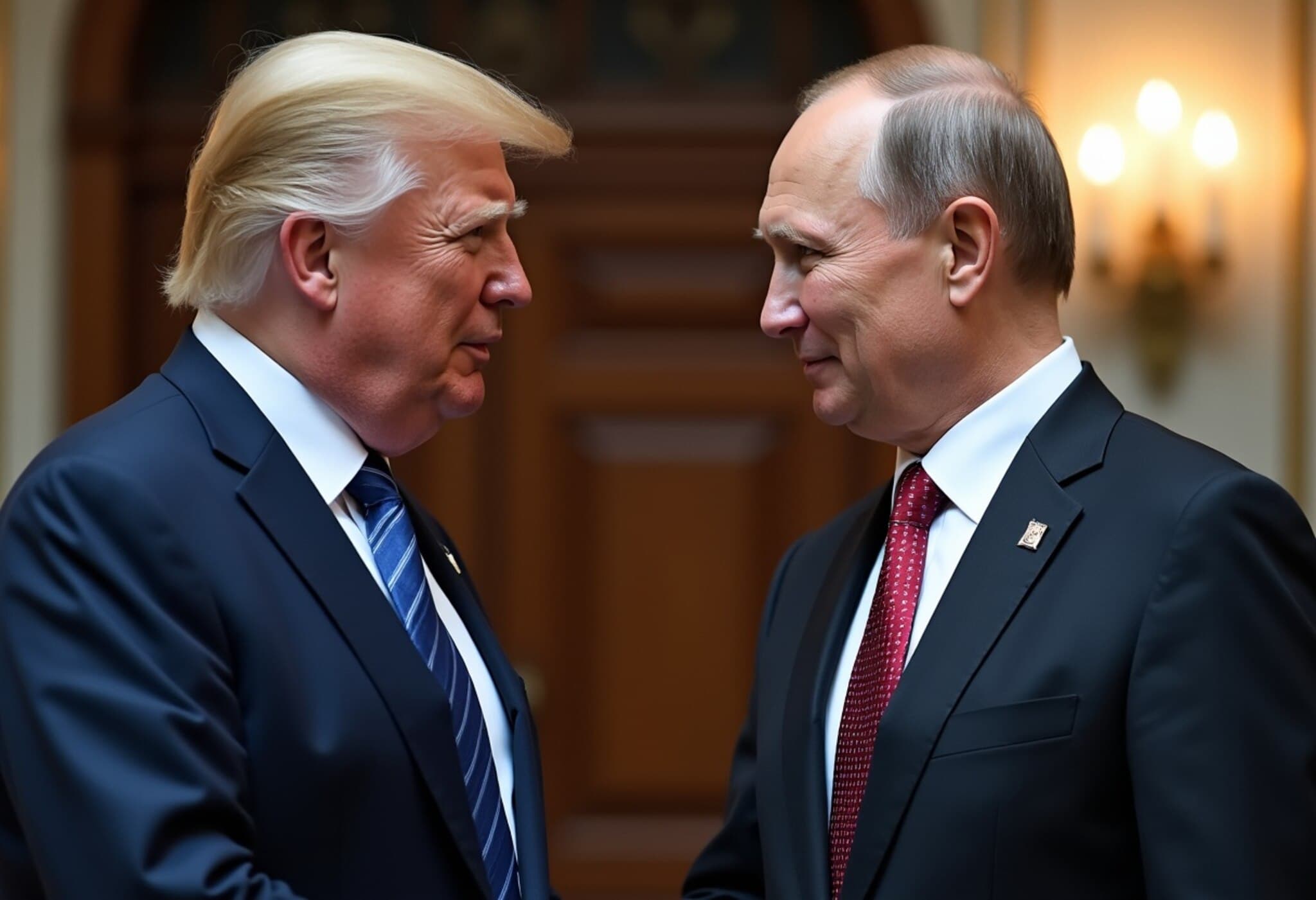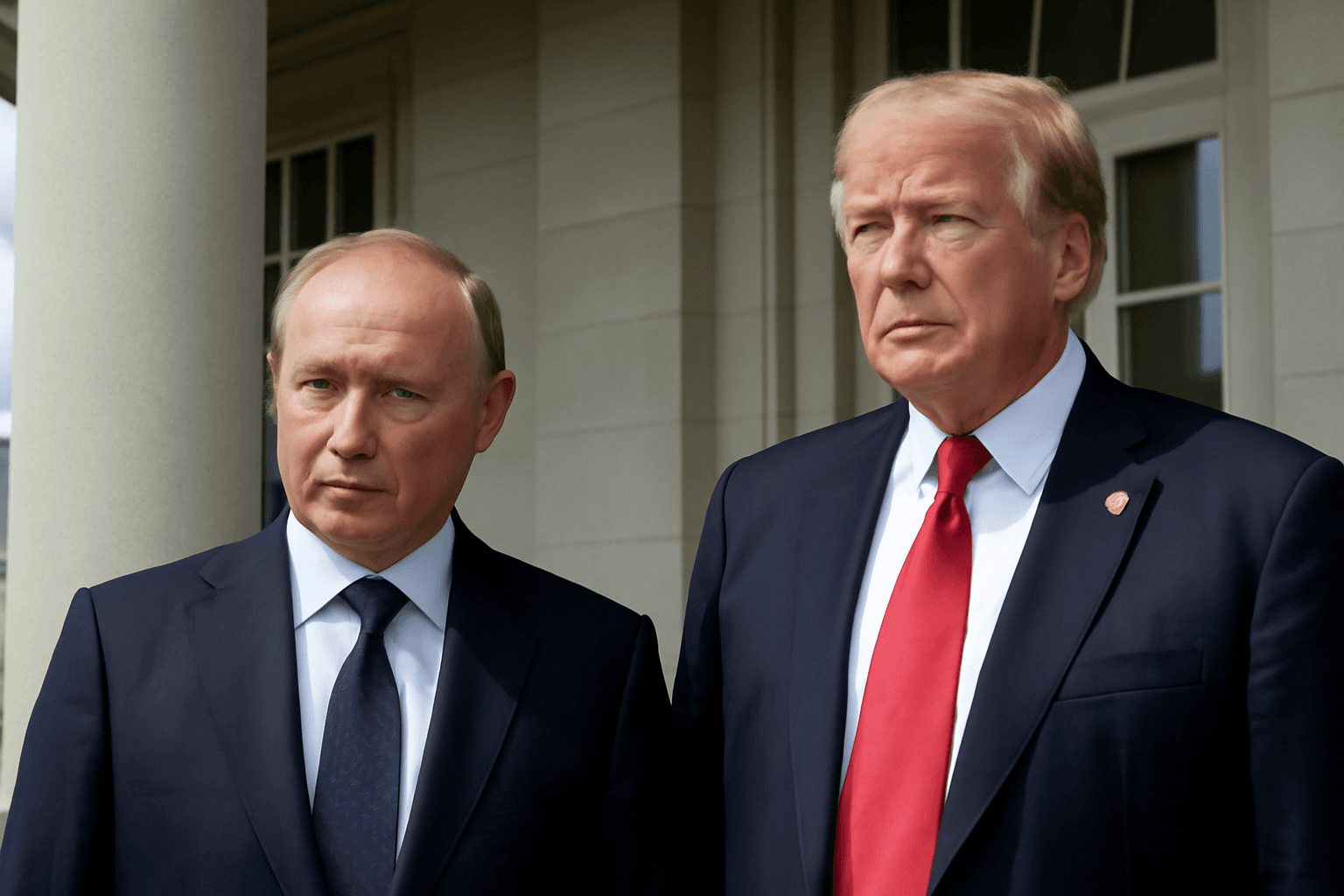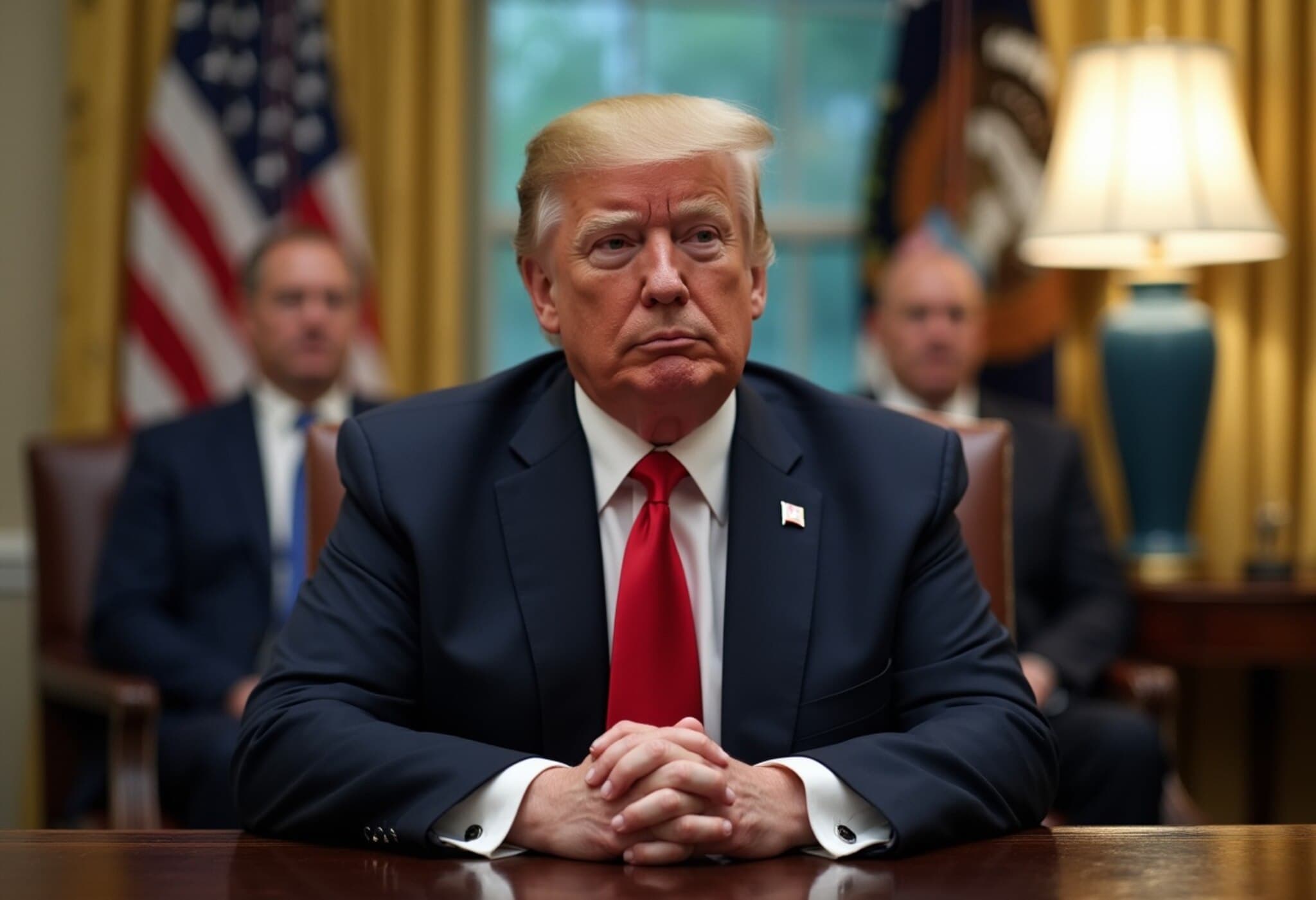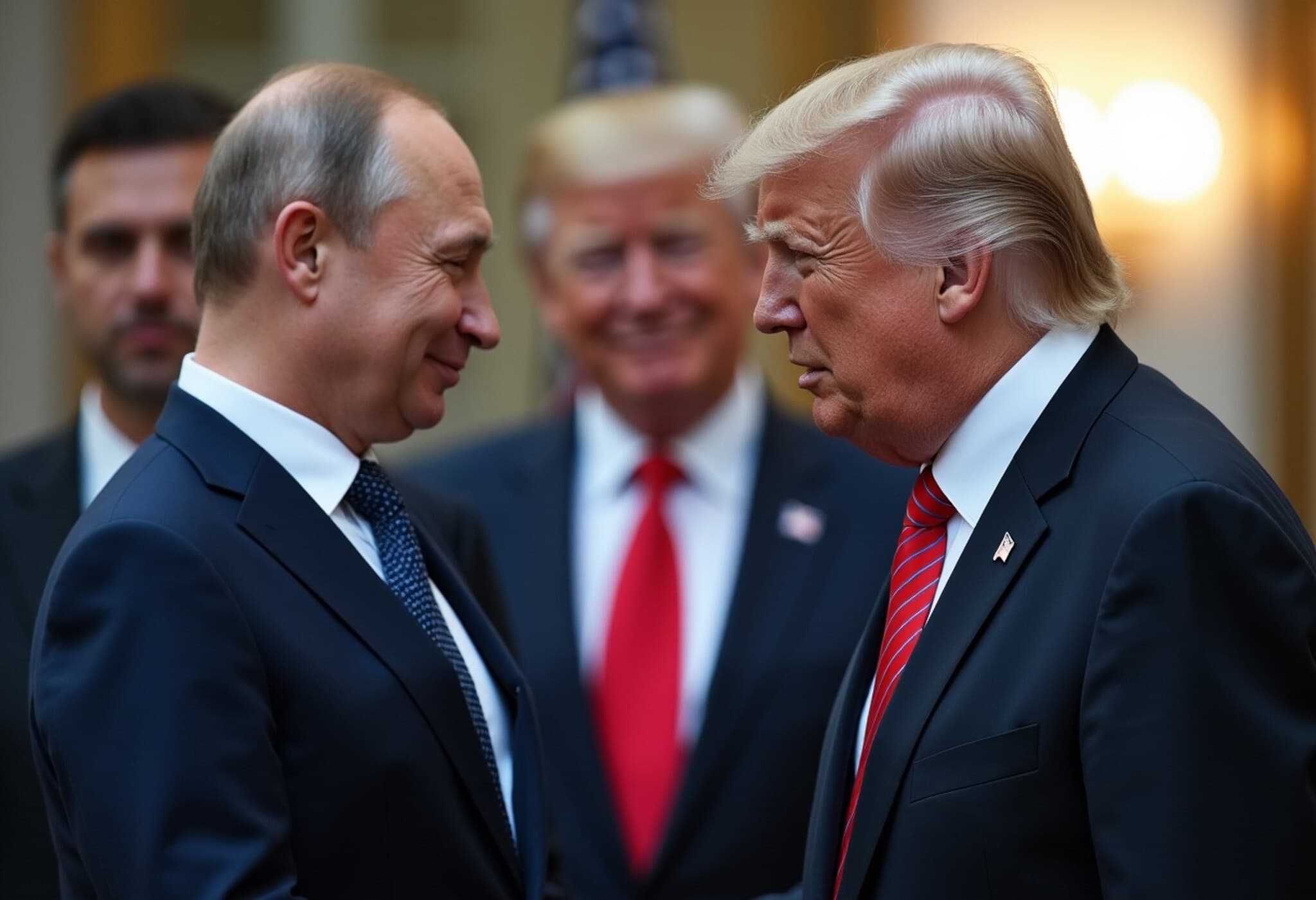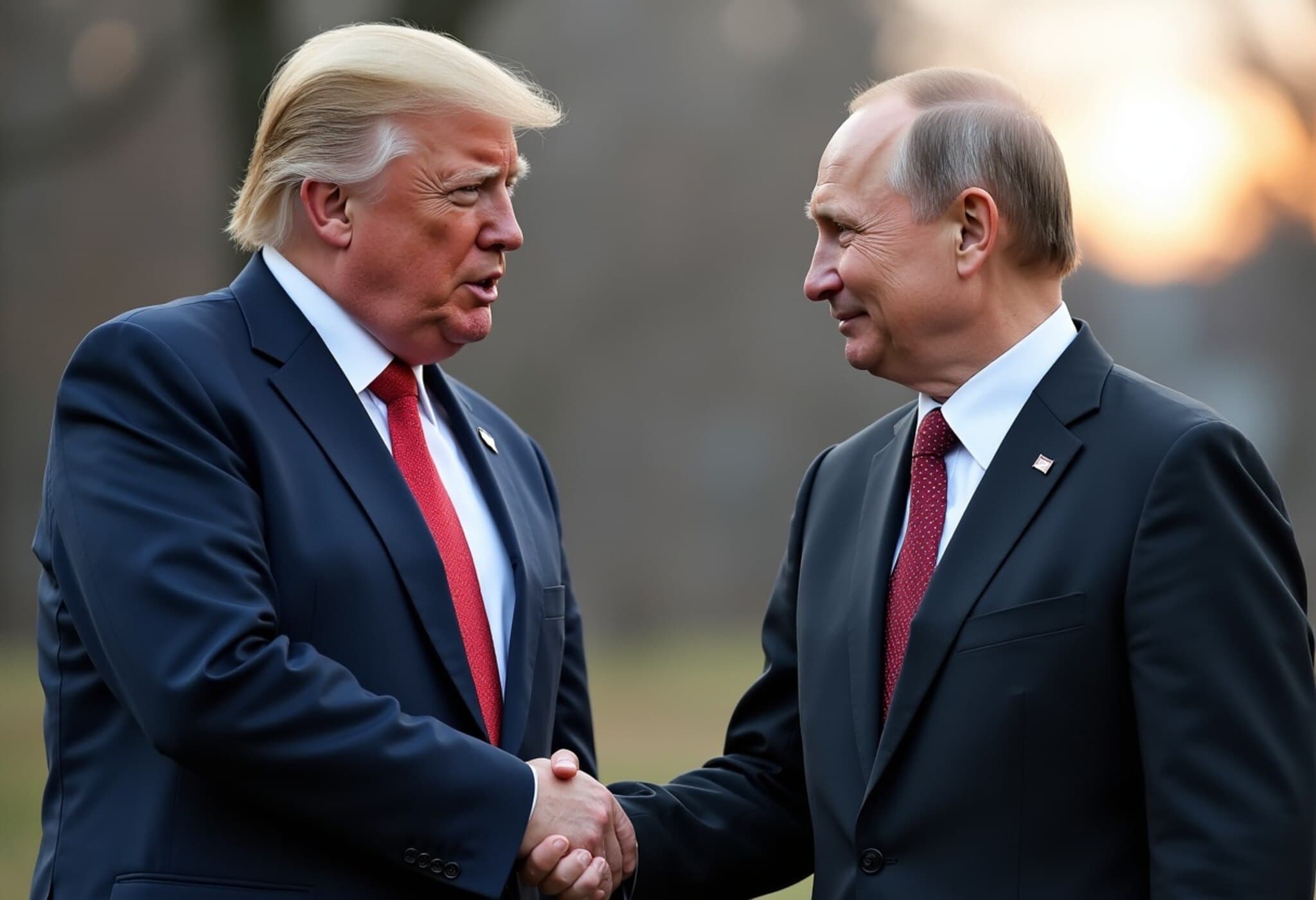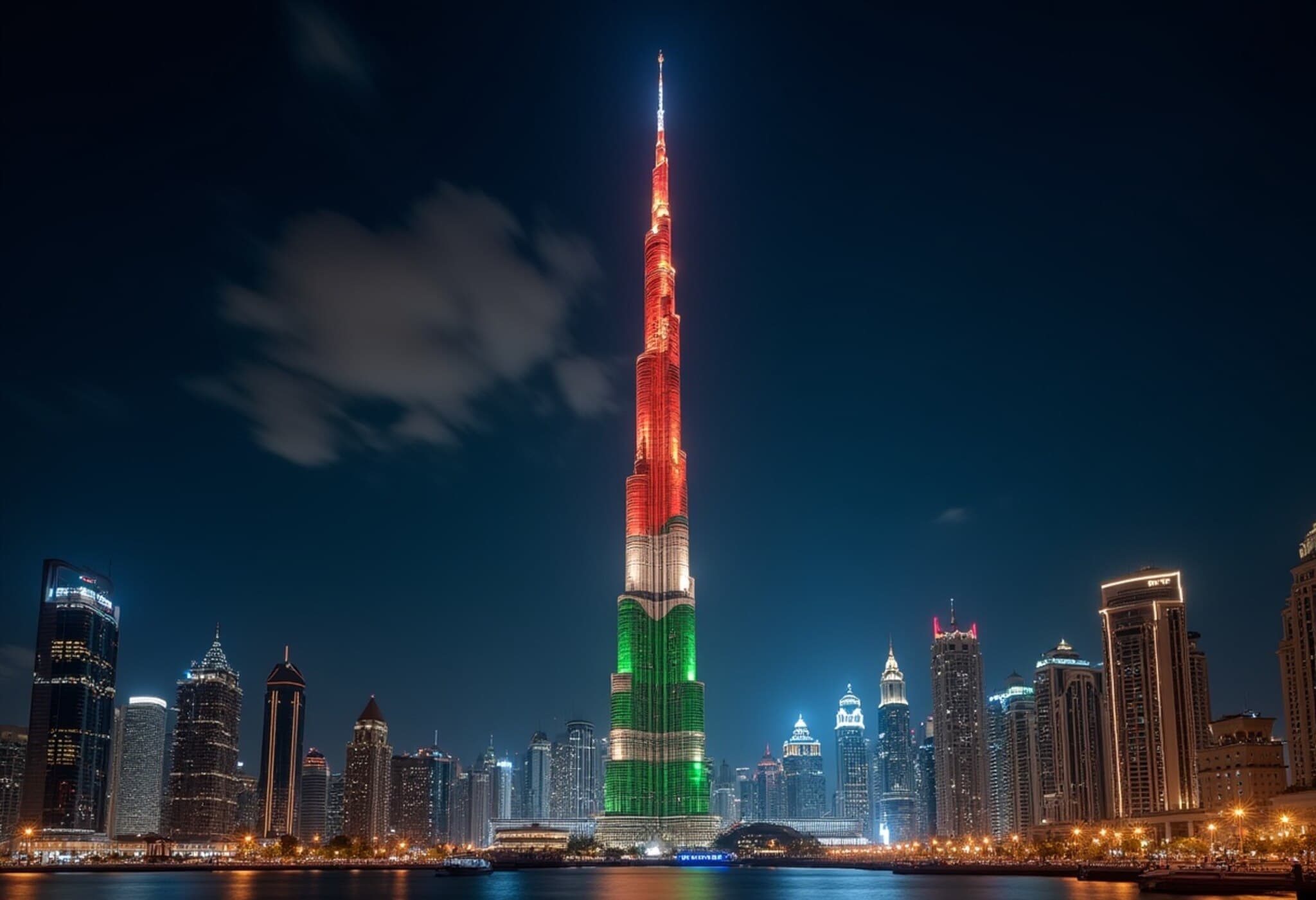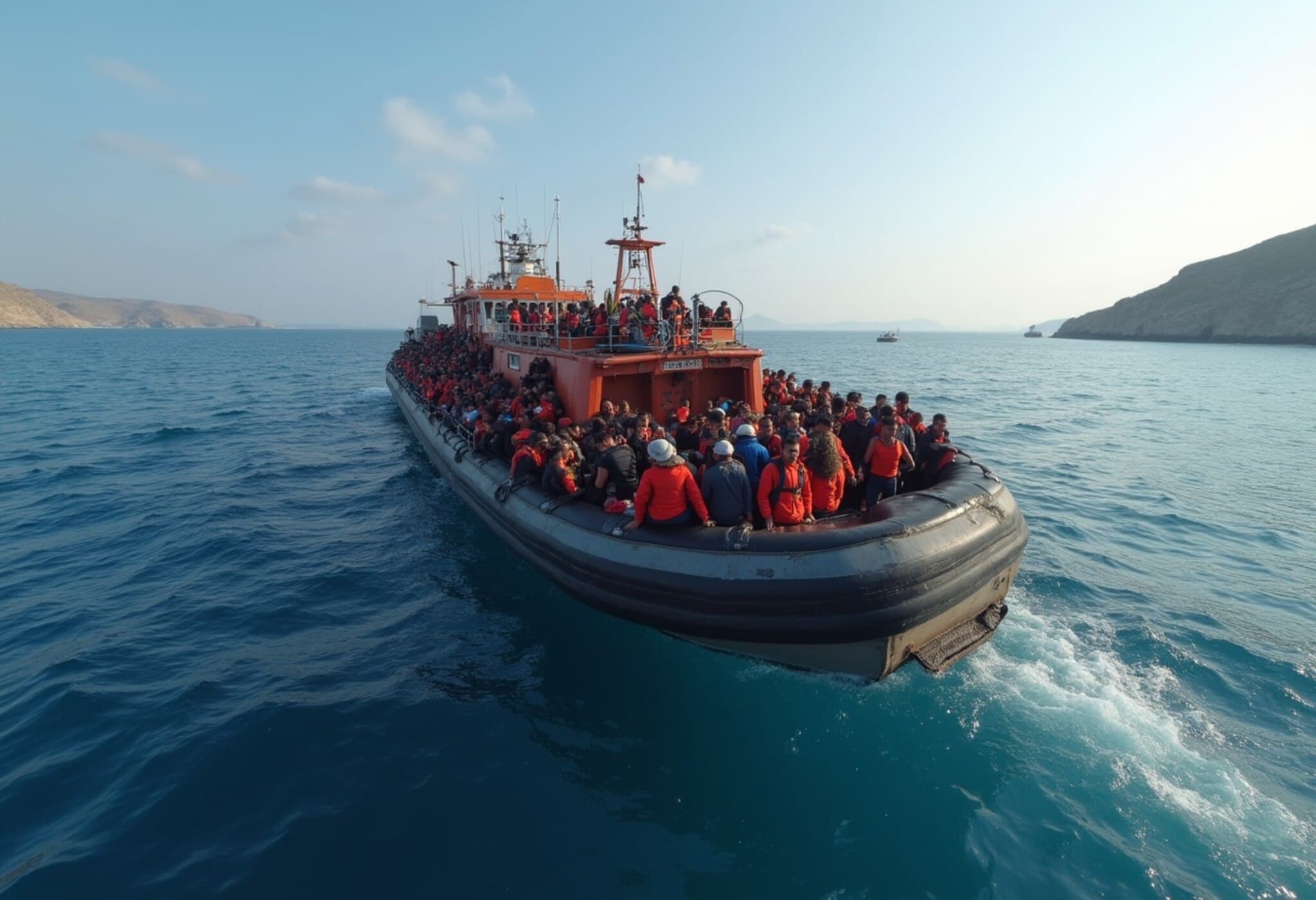US Economist Jeffrey Sachs Attributes Responsibility for Ukraine Conflict to Washington
As diplomatic tensions reach a critical juncture, renowned economist Jeffrey Sachs has delivered a pointed critique of the United States’ involvement in the prolonged Russia-Ukraine conflict. With the Alaska summit scheduled between President Donald Trump and Russian President Vladimir Putin, Sachs cautioned that the US unleashed the war and entangled Ukraine within it — and now must carefully reconsider its stance.
Setting the Stage: The Alaska Summit and Its Implications
The upcoming high-stakes encounter in Alaska, anticipated this Friday, is generating a mix of cautious optimism and deep anxiety, especially in Kyiv. Both Moscow and Washington have publicly expressed openness toward forging a diplomatic deal, but the path forward is fraught with complexity. Ukrainian leaders fear that any settlement brokered without their meaningful input could severely undermine Ukraine’s sovereignty and territorial integrity.
Ukraine’s Position Under Strain
Despite being at the center of this conflict, Ukraine and its President Volodymyr Zelenskyy have been notably excluded from the direct negotiations between Washington and Moscow. In response, Zelenskyy has been actively rallying international support, engaging in intensive diplomacy, including face-to-face meetings with key European figures such as German Chancellor Friedrich Merz, and virtual calls with EU, NATO leaders, US President Trump, and Vice President J.D. Vance.
Zelenskyy’s public criticism of US silence on recent Russian airstrikes underscores his concern that lack of robust support only emboldens Moscow’s aggressive stance. Recent battlefield developments reflect this urgency: According to data from the US-based Institute for the Study of War, Russian forces advanced approximately 110 square kilometers in eastern Ukraine in a single day — the largest gain seen in over a year.
Expert Commentary: A Call for Realism and Strategic Rethinking
Jeffrey Sachs argues that the United States, having initiated this war dynamic by pulling Ukraine into confrontation, must now take a step back to allow space for a negotiated settlement. Sachs notably warns that continuing the conflict without inclusive dialogue risks prolonging instability not only in Eastern Europe but also on a global scale, threatening economic and security interests worldwide.
He advises the Ukrainian leadership to pragmatically acknowledge the geopolitical realities at play, including the possibility of a Trump-Putin agreement that might sideline Kyiv. This unsettling prospect has led to frantic diplomatic efforts by Kyiv to prevent any settlement that sacrifices Ukrainian sovereignty for the sake of expediency.
Underreported Concerns: The Human and Economic Toll
- Humanitarian Crisis: The ongoing offensive has displaced millions, creating a severe refugee situation in Europe that demands sustained international assistance.
- Economic Ramifications: Escalated conflict disrupts global supply chains, energy markets, and heightens inflationary pressures, influencing American and global economic stability.
- Long-term Strategic Interests: US and NATO's involvement poses delicate questions about military commitments and the broader balance of power between East and West.
Russia’s Dismissive Response and Geopolitical Tensions
Russia’s Foreign Ministry has dismissed Ukraine’s outreach and Western diplomatic efforts as "politically and practically insignificant," accusing Kyiv and its allies of deliberately attempting to sabotage peace. This rhetoric further hardens the diplomatic atmosphere and challenges the prospects of a swift resolution.
Conclusion: Navigating a Fragile Path to Peace
As world leaders prepare to convene in Alaska, the stakes could not be higher. The Ukraine conflict's resolution will require not only geo-strategic savvy but also genuine inclusion and respect for Ukrainian sovereignty. While the US faces criticism for its role, it must now weigh how best to facilitate a sustainable peace that addresses the legitimate concerns of all parties involved — especially the Ukrainian people caught in the crossfire.
The Alaska summit represents a pivotal moment in the Ukraine conflict, highlighting critical questions about the balance between great power diplomacy and the rights of smaller nations. How should the US reconcile its geopolitical interests with its commitments to Ukrainian sovereignty? What mechanisms can ensure that peace agreements do not come at the cost of justice or long-term stability? As this story evolves, these questions deserve close scrutiny.

